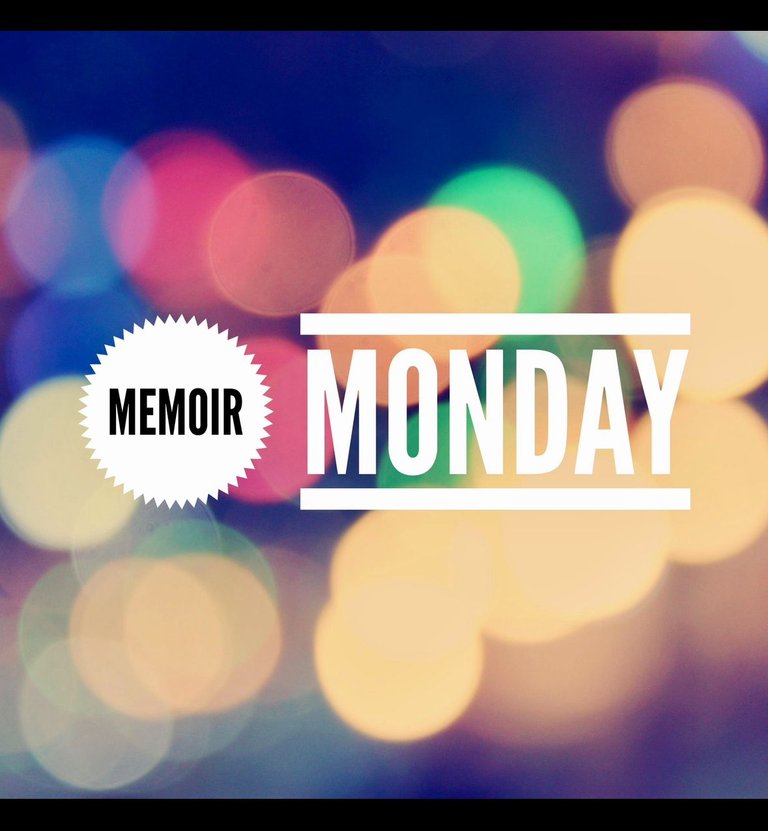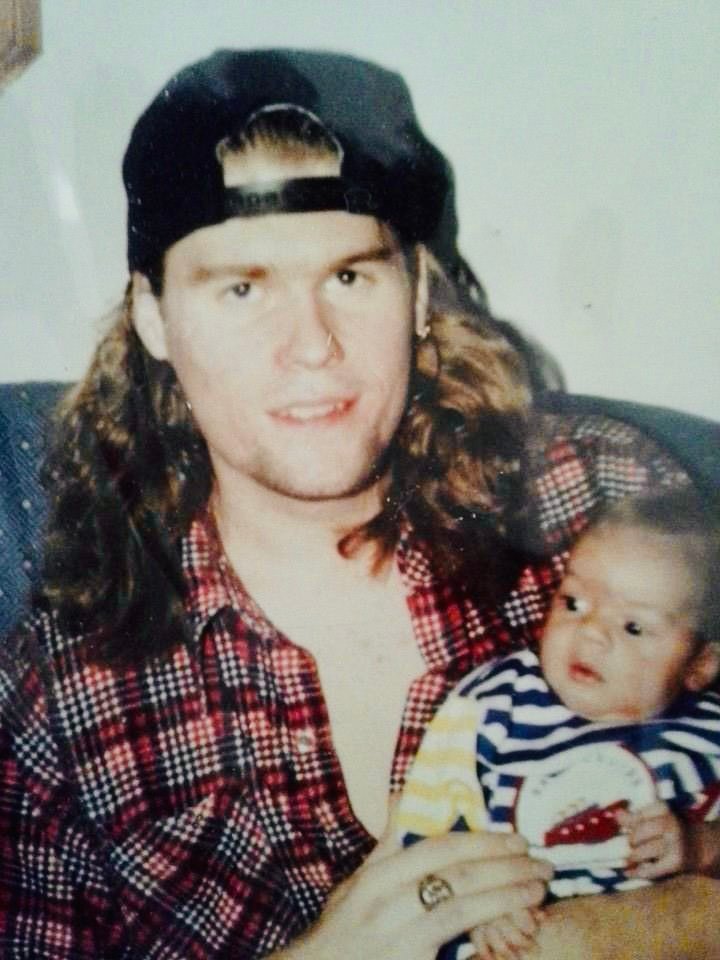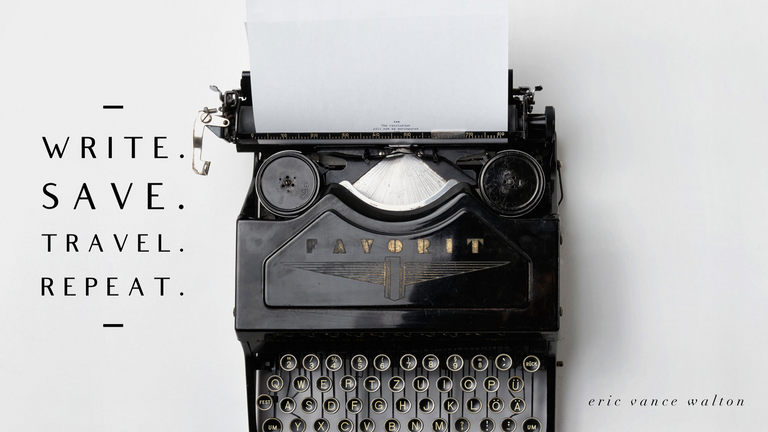
Memoir
/ˈmemˌwär/ noun. a record of events written by a person having intimate knowledge of them and based on personal observation. Usually memoirs. an account of one's personal life and experiences; autobiography. the published record of the proceedings of a group or organization, as of a learned society.
The Greek philosopher Heraclitus was quoted as saying "No man ever steps in the same river twice, for it's not the same river and he's not the same man." As we get older we realize just how true this quote is. People change, life changes. Friendships don’t always last a lifetime and despite sentimental feelings, there are often good reasons why. This prompt explores that particular fact of life and I’m looking forward to hearing more about how it’s impacted you.
Memoir Monday has grown so much that I won’t be able to comment on everyone’s posts anymore (and get my own work done) but I’ll still be supporting your posts with reblogs, votes, and shares on my other social media accounts (X, Facebook, etc.).
For all of those who’ve regularly participated in Memoir Monday - keep going, you’re making great progress in chronicling your very own life story for future generations to enjoy.
For those who missed the inaugural post explaining what the Memoir Monday initiative is all about you can find it here.
Now for next week’s Memoir Monday prompt:
Who is someone you’ve lost touch with but think about often, and what impact did they have on your life?
My answer:
My friendship with Matt began in the most unlikely of ways. I was an awkward, bookish fifth grader riding the bus to Fair Avenue Elementary in Columbus, Ohio. Matt, on the other hand, was one of the “cool kids.” He exuded that effortless confidence that made him seem older than the rest of us—a kid who already knew how to command a room.
Matt was also a notorious bully. He loved picking on kids, and one day, I became his target. As we boarded the bus, he bumped into me, then blamed me for it, shoving me into my seat. I ignored him, hoping it would end there, but it didn’t. From that day forward, Matt zeroed in on me. He taunted me on the playground, shoved me in passing, and demanded, “Say I can kick your @ss!” I refused every time. Maybe my lack of reaction bored him, or maybe my quiet defiance earned his respect. Either way, he eventually moved on.
Fast forward to eighth grade, and somehow, we became friends. Hip-hop was just beginning to make waves in the Midwest, and both of us were drawn to it. We bought DJ equipment, made mixtapes, and bonded over breakdancing and graffiti—what they now call street art. I was still nerdy; Matt was still effortlessly popular. But there we were, spending hours at each other’s houses, practicing DJ sets and sketching designs. I couldn’t believe it: one of the “cool kids” actually wanted to hang out with me.
Our teenage years flew by in a blur of firsts. First sips of alcohol, first brushes with marijuana, first real girlfriends, first summer jobs, first cars. Matt’s home life was very different from mine. Raised by a single mother and two older sisters, he was doted on and given freedoms most of us could only dream of. His dad had left when he was young, and Matt’s mom seemed to overcompensate with material gifts and little discipline. Together, we rushed blindly into adulthood.
By junior year, our lives began to diverge. We both started dating girls from different parts of town and spent less time together. Matt began drinking heavily and experimenting with harder drugs. When we did hang out, his focus seemed to revolve around getting inebriated. Meanwhile, I was starting to think seriously about my future. Our paths, once parallel, were starting to split.
After high school, the gap between us widened. I got a full-time job and later enrolled in college in 1990. Matt, meanwhile, got his girlfriend pregnant and married young. We still hung out occasionally, usually for a night of drinking in the Brewery District or a round of pool. But by 1995, I moved to Minnesota to start a new chapter, and our sporadic meetups faded into even more sporadic phone calls.

Over the past three decades, Matt and I have drifted further apart. While I worked to build a stable life, Matt spiraled. He’s battled homelessness, drug addiction, and stints in jail. He’s been married and divorced multiple times. Recently, we reconnected on a video call—the first in over a decade—and I barely recognized the man on the screen. His face was weathered, his voice gravelly and harsh. He still seemed stuck in the habits of our youth: partying, fighting, and brushing off responsibility. He looked decades older than his age, and I couldn’t help but feel a pang of grief for the friend I once knew.
My mom recently shared a memory from our elementary school days. She recalled a moment when I was on stage receiving an honor roll award. She noticed Matt in the audience, watching my family with tears in his eyes. “He looked envious,” she said, “like he wished he had that kind of family and support.” I was floored by the irony. At the time, I had been envious of him—his popularity, his confidence, the way he seemed to have life all figured out.
I still think about our friendship and the bond we shared. We were like brothers for much of our teenage and young adult years. The Matt I knew back then was smart and funny, full of life and potential, someone I admired and, in many ways, envied. But after that recent video call, it was clear: that Matt is gone. Our lives could have easily turned out the same, but fate had other plans. I’m grateful for the friendship we had, even as I mourn the person he might have been.
Growing weary of the ads and divisiveness on mainstream social media? If so, why not try Hive? Click on this link to sign-up and join our growing global community.
Let’s Keep In Touch


